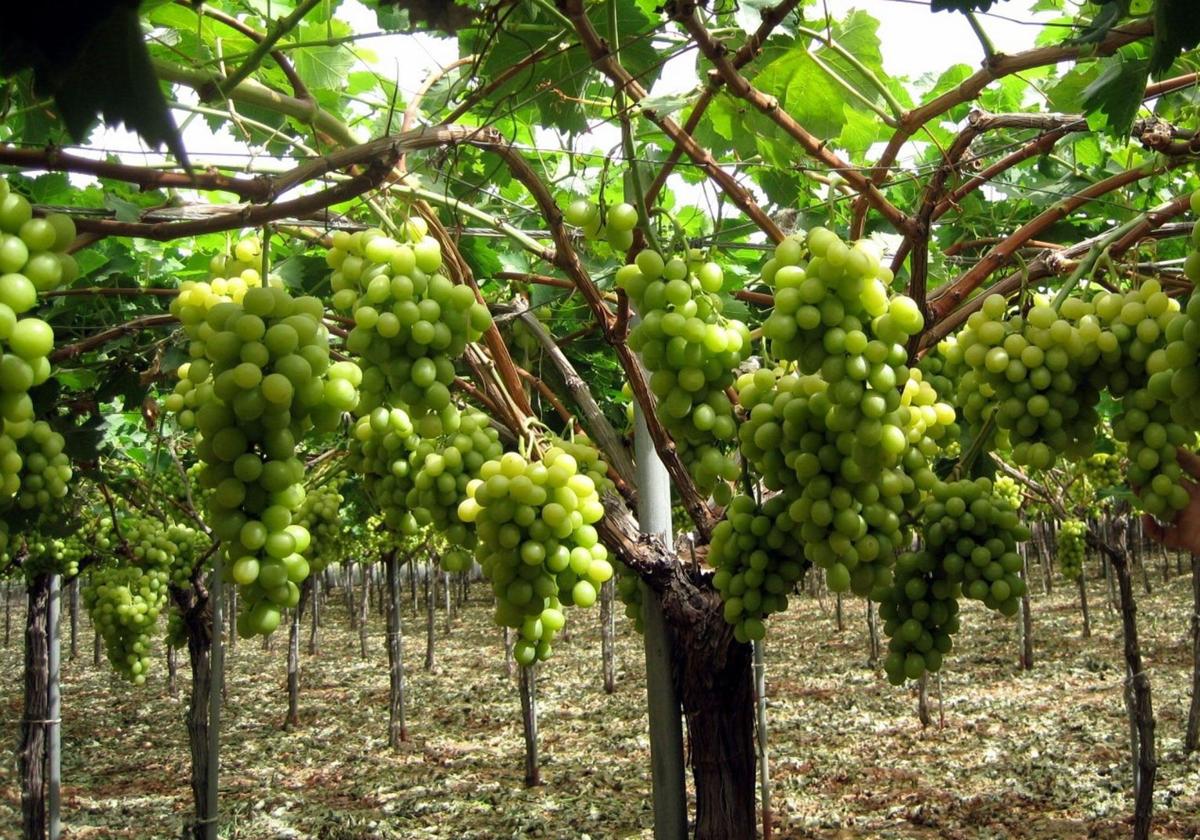The 2025 German grape harvest promised exceptionally high-quality fruit, indicating an outstanding vintage. The main harvest began in September, with regions like the Rheingau starting three weeks earlier than average, with grapes ripening quickly.
However, the harvest was 3% less than the previous year, attributed to heatwaves, drought, and wild boar damage. Rising production costs, declining domestic consumption and export barriers are straining the sector. Many wineries are unable to accept all offered grapes, leading to concerns that some harvests may go uncollected and bulk wine prices have plummeted. Industry sources warn that one in three producers could have to close, threatening tourist dependent wine regions like the Rhine and Mosel.
The agriculture minister of Rhineland-Palatinate attributes the crisis to years of inaction and resistance to innovation, together with falling domestic consumption. The sector advocates focusing on strong brands and a clear product offering to improve its international position.
Unprecedented EU-backed measures, such as limiting new plantings and promoting yield reduction through techniques like green harvesting, have been initiated. Domestic wine consumption is declining, with less than half of wine drunk in Germany produced locally. Imported wines, often cheaper, dominate both private consumption and hospitality.
The minister stresses that buying local wine supports regional producers and rural development. She highlights wine as a key cultural element. A nationwide political meeting is planned in November to coordinate solutions and safeguard the sector’s economic and cultural importance.
